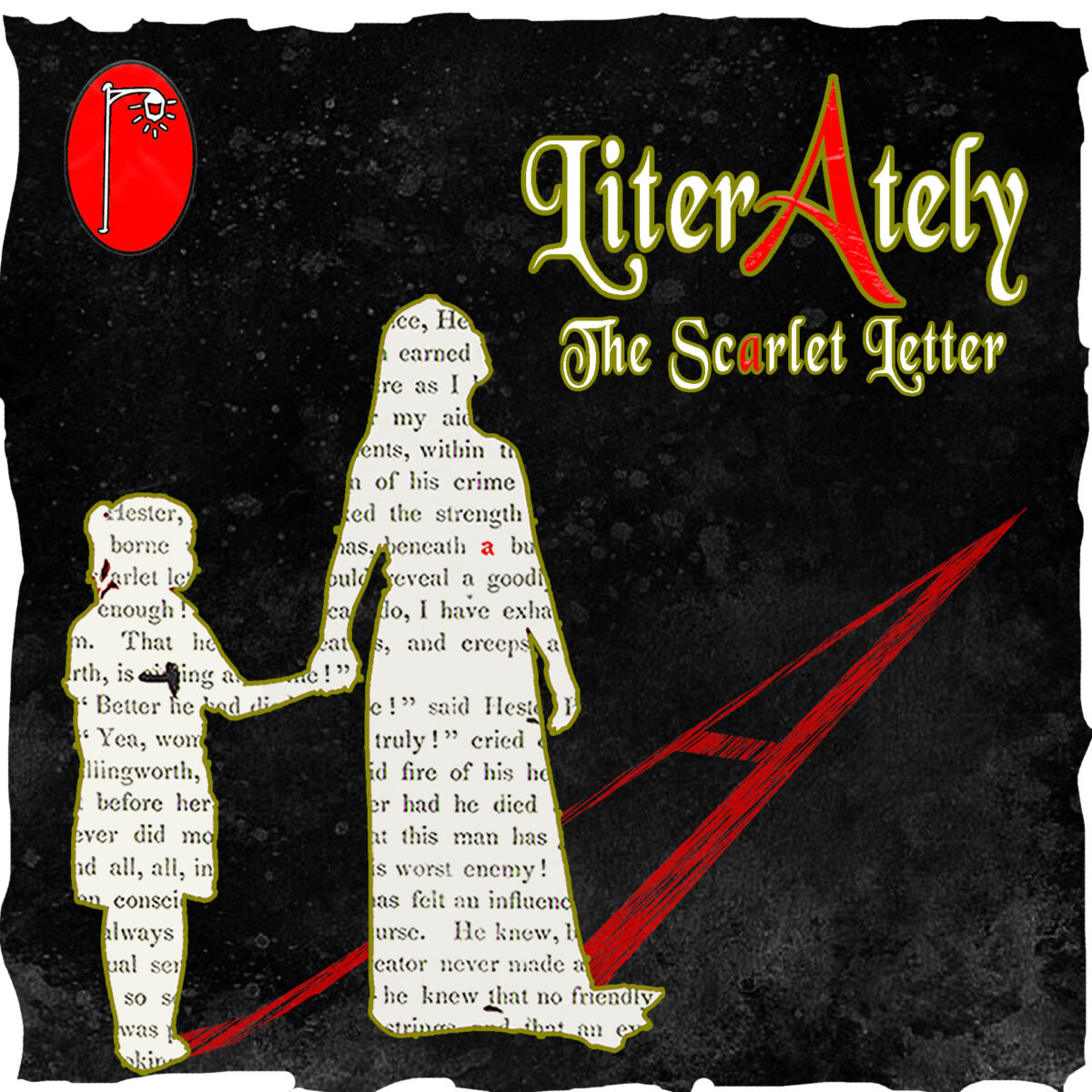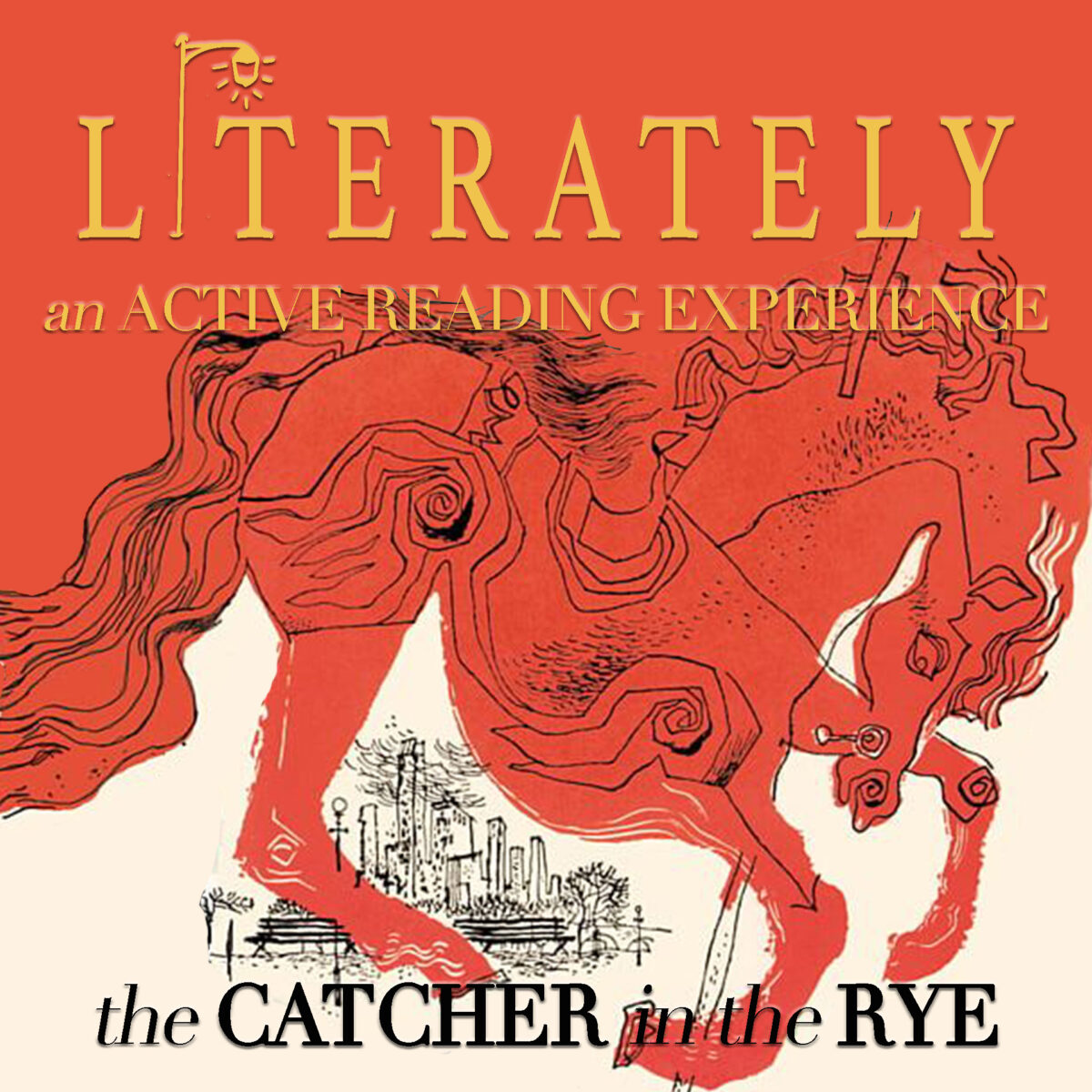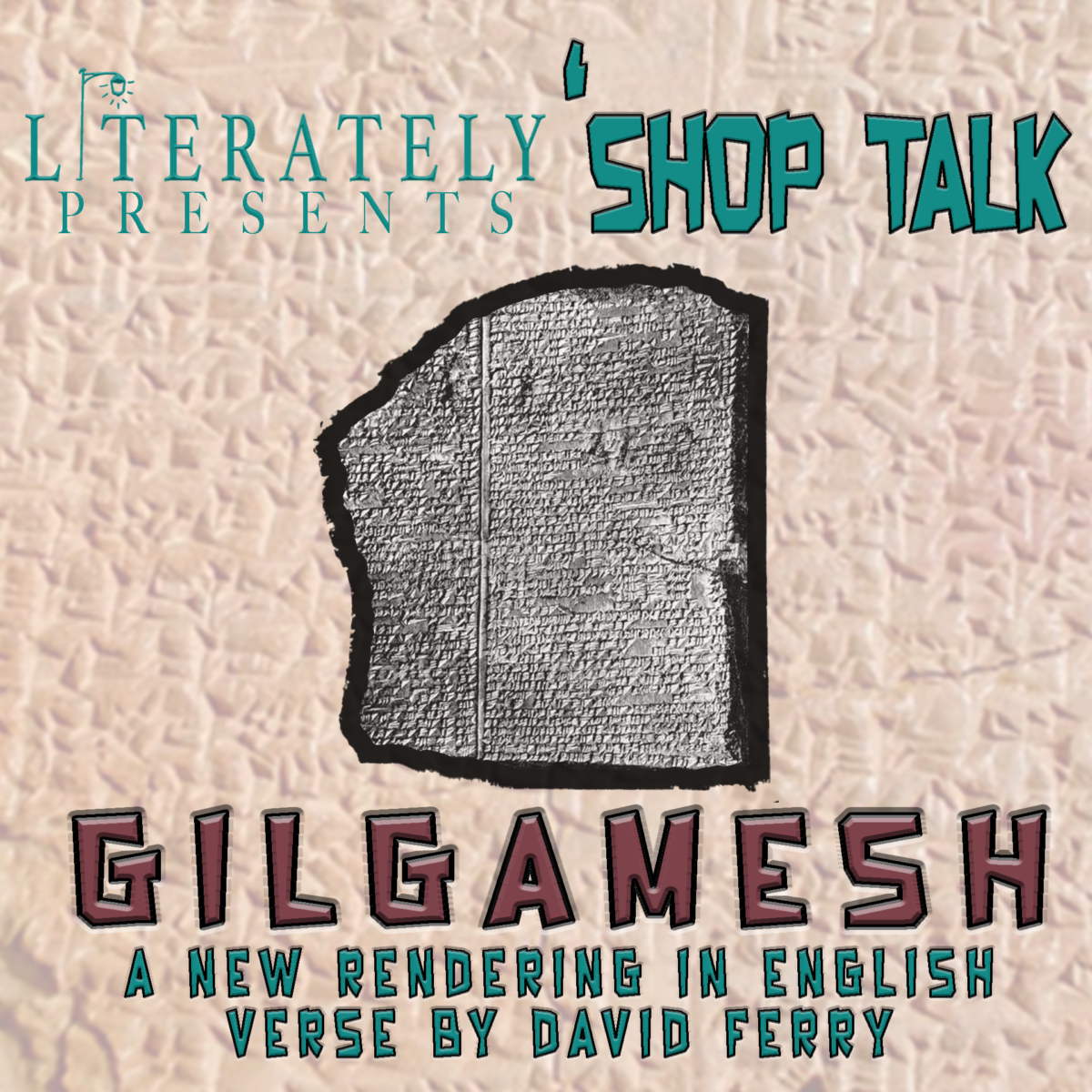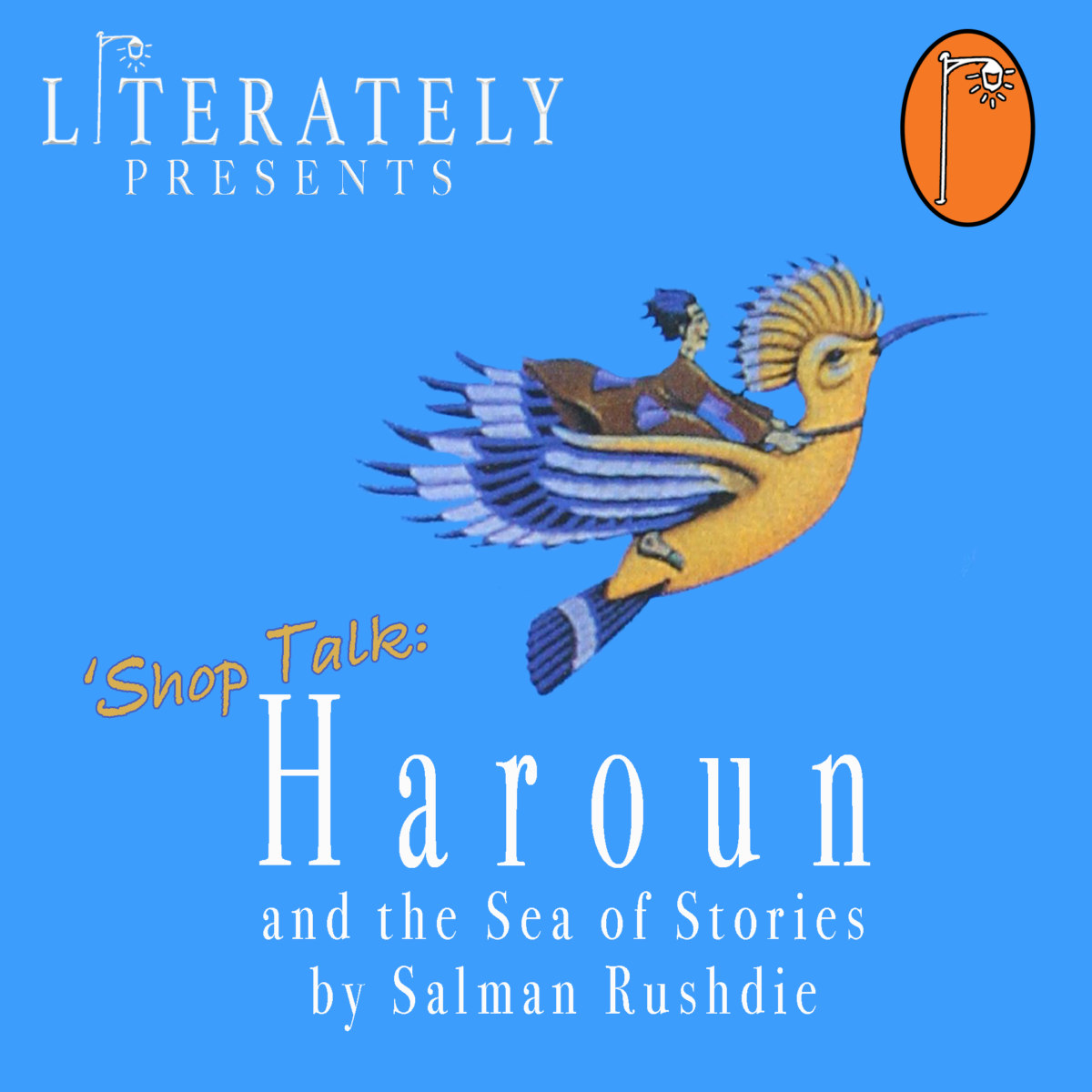Have you a real love of books? You do? That’s good.
The Scarlet Letter
Join the Literately crew as we read, discuss, and annotate Nathaniel Hawthorne’s classic, The Scarlet Letter. Set in 1600’s Puritanical Boston, Hester Prynne is cast out by her fellow Bostonians and forced to wear a bright red letter A on her clothing every day as a warning to all that she is an adulterer. Wearing this badge of shame, Hester’s kindness endears her to the community, all while her fellow villagers wonder at the identity of her daughter’s father.
Along the way, will use our Flashlights method to call attention to character development (Signs of Life), symbolism (Crash Symbols), important quotes (Something to Say), and recurring themes (Theme Team). Then, at the end of each episode, we will give our three Highlights for the chapters that we cover, helping readers recognize the key moments of the story as it unfolds as well as the literary subtleties that can be easy to overlook.
Don’t be intimidated by this essential piece of American literature; grab your Flashlights and read with us!

“As a student who has dyslexia, this podcast was so helpful for our son his freshman year. Our son enjoys reading, but when he had a ton of reading from all of his courses, it was wonderful to know that there was yet another tool for him to use. Additionally, the podcast often made the books more alive and interesting. What a gift Literately was for him and I am sure for many other students.”
-Parent Testimonial

The Catcher in the Rye
Holden Caulfield is one of American literature’s most well-known and divisive teenage protagonists. Holden pushes audiences away with his obstinate, obnoxious behavior; however, taking the time to understand the reasons for Holden’s behavior makes his story much more relatable and compelling. In an age of mental health awareness, Holden’s experiences remind us that grief, depression, and anxiety impact all of us, regardless of privilege.
Power up your Flashlights and read along with us as we annotate, paying special attention to symbolism and the recurring themes of privilege and mental health.
“You’ve never read Fitzgerald? You have GATSBY kidding me!!!”
-Dad Joke
Gilgamesh: A New Rendering in English Verse
As one of history’s earliest known stories, Gilgamesh tells the story of the King of Uruk, a cruel and violent leader who towered over the people of his kingdom. Feeling hopeless, Uruk’s civilians begged the gods to create another individual as strong and powerful as Gilgamesh to stand up to the tyrant. Divine intervention being a key element in any epic poem worth the clay it’s etched in, Aruru listened to the people of Uruk and molded the wild man Enkidu out of a handful of mud and a loogie.
As the only man who can stand shoulder to shoulder with the mighty King, Enkidu and Gilgamesh become companions and best friends, embarking on a series of adventures, battling monsters, and confronting the gods themselves.
In this “Shop Talk” season of Literately, Erica and Alex read and discuss David Ferry’s rendering of the epic poem, pausing for comprehension and laughs along the way.

“There are so many great things about Literately, but my favorite thing is the theme team because it helps me keep track of the recurring ideas throughout the book.”
-Student Testimonial

Haroun and the Sea of Stories
Salman Rushdie’s young adult fantasy novel about a boy named Haroun and his storyteller father discovering a new world on a hidden moon called Kahani, Haroun and the Sea of Stories is a celebration of communication and the power that stories hold. Borrowing from 1,001 Arabian Nights and other staples from Rushdie’s childhood, Haroun and the Sea of Stories was written as a gift for Rushdie’s son, with all of the trappings and whimsy of the epic adventures that Rushdie himself loved as a child. However, it is crucial to recognize that this novel was written immediately after Rushdie’s The Satanic Verses, at the height of the fatwa that forced Rushdie to live in exile, Haroun and the Sea of Stories is an allegory about his experiences in the sense that it shows what happens when a storyteller is stripped of his ability to tell stories.
Nearly forty years later, Salman Rushdie continues to face repercussions from the fatwa, having been brutally attacked in August of 2022 as a direct result of the Satanic Verses controversy. Please note that this “Shop Talk” season of Literately was recorded prior to the 2022 recent attack.
Join Erica and Alex as they read and discuss this contemporary fairy tale from one of our time’s great novelists.
